With 14 stores, one in Madrid and the others in northern Spain, the family-owned company Tumascota is run by José Miguel, the second generation of the family. After his parents opened their first shop, Pajareria Navarra, in Pamplona in 1972, José Miguel opened his own 24 m2 shop in 2001. It signalled the creation of today's pet store chain.
Another 600 m2 shop in Pamplona followed in 2004, which was the biggest pet store in Spain at the time. It was with the opening of this store that the chain, now comprising two stores, received the name Tumascota.
Spread of stores
Now there are seven stores in Pamplona, three in the far north of the country close to Donostia-San Sebastián, another outlet south of this and two in Vitoria-Gasteiz. Another store is located halfway to Saragossa and one in Madrid. Taken all together, the stores have a retail area of roughly 4 300 m² and employ 55 staff. Although Tumascota has opened stores to date primarily in the north of Spain and in Madrid, Miguel is eyeing the whole of Spain with a view to further expansion and new stores.
All of the shops are supplied from the company's own warehouse in Pamplona, which is where the head office is also based. José Miguel is especially proud of the fact that the expansion of his pet shop chain has been financed entirely from the family's own money and without input from investors.
Last year the company opened its first store in the Spanish capital Madrid, where José Miguel premiered a so-called city store concept. This envisages retail areas ranging from 150 to approx. 250 m2, although this may vary depending on the buildings available and the location. José Miguel predicts a good future for these city stores and is working on finalising the concept.
Tiendanimal outlines key trends for 2026
Tiendanimal has outlined the key trends it anticipates for 2026 in a press release. The care of and coexistence with pets will evolve …
Premium and pets
Pets are at the heart of the Tumascota concept, which features large enclosures for small animals as well as aquariums and aviaries containing fish and birds for sale. It is worth bearing in mind that the aquatics segment is far less prominent in the Spanish market than in many other European countries, so the commitment shown to this by José Miguel should be rated all the more highly. José Miguel reports a slight increase in sales figures for small animals and a slight decline in aquatics, in which small…

 Menü
Menü

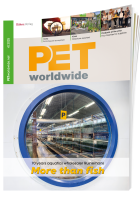



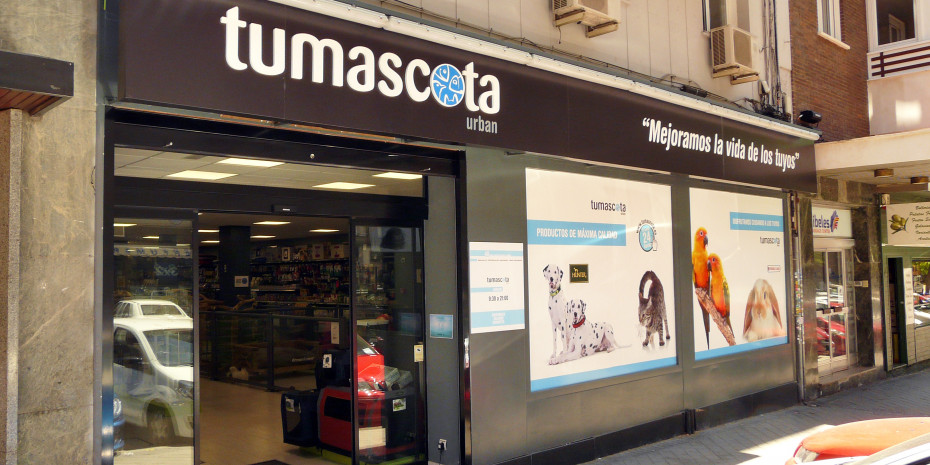

 4/2017
4/2017


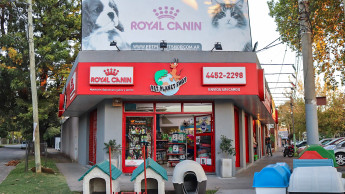


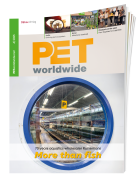

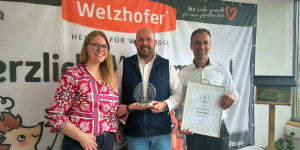


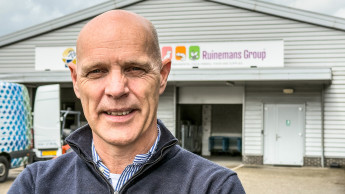
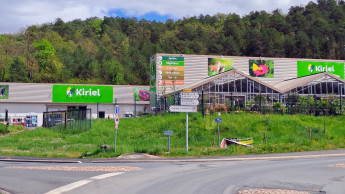
 Newsletter
Newsletter